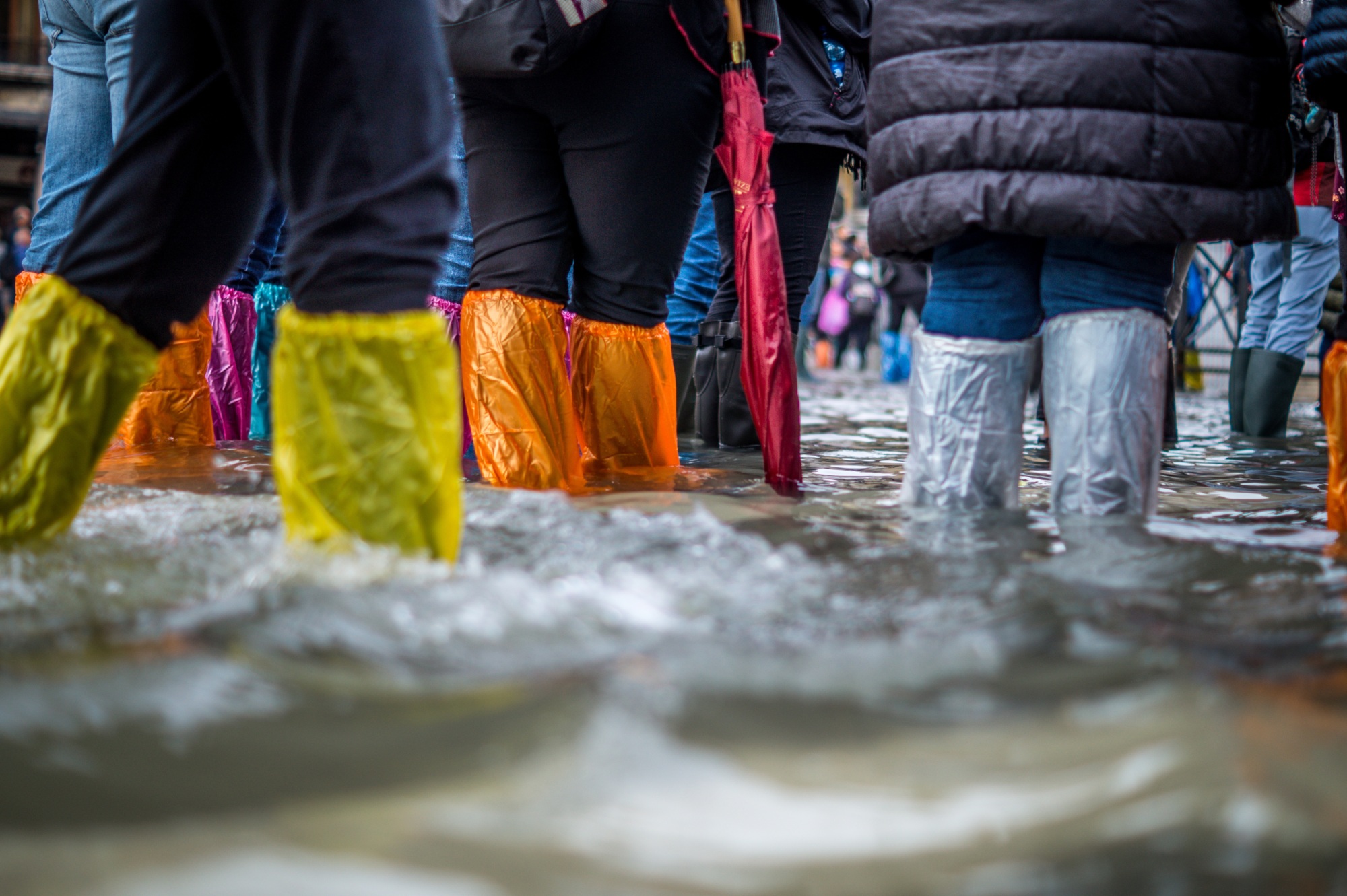Nonprofit Advocacy in the Wake of a Natural Disaster

What’s happening in the South is horrifying: flooding of epic proportions, homes and businesses destroyed by the winds of Hurricane Florence and Matthew, and thousands of people seeking refuge in shelters – hoping to find some calm after two of the most devastating storms to hit the states of North Carolina, South Carolina, and Florida.
In response to the emergency, citizens and government officials are rising to the challenge and coming together to answer the hundreds of rescue calls still coming in, but soon the conversation will shift to discuss how to best pick up the pieces. While the need for volunteers to assist with the clean-up and donations to feed and house those displaced from their homes will continue, we also need nonprofits and funders to be bold voices in the recovery process to ensure that when decisions are made affecting our communities, the interests of those who are struggling to get back on their feet are not left out of the discussion.
Based on AFJ’s research into the Gulf Coast’s recovery from Katrina and Rita and the BP oil spills, we offer a few tips for nonprofit organizations as new challenges arise in the wake of Hurricane Florence and Michael.
- Organize and Speak Up: Community-based nonprofit organizations are best able to address societal needs when they work at a grassroots level to organize and represent their constituents. When a disaster strikes, these needs become even more immediate as communities face the reality of rebuilding. That is why grassroots organizing plays an important role in disaster response. By bringing people together to assess damage and discuss short- and long-term solutions, community organizers can provide a voice to those directly affected by a tragedy. For more on how your organization can assess its community organizing capacity and develop a plan for moving forward, click here.
- Embrace Advocacy: Along with an increased demand for services, the role of nonprofit advocacy becomes even more critical when rebuilding efforts begin. Groups must represent the interests of their constituents in front of local, state and federal policymakers and make sure that community interests aren’t lost in the chaos of recovery. For more on how public charities can advocate on behalf of their constituents, click here. Foundations wishing to support grantee advocacy can learn more about foundation advocacy funding rules here and check out our resources on advocacy activities that are permissible for both public and private funders.
- Recognize the Importance of Local Foundations: Community foundations and other local funders are deeply embedded in the communities they support and have established relationships with local nonprofits. National and regional funders can support disaster recovery by working with these local foundations, to funnel critical financial resources to those areas and organizations with the most pressing needs and the most promising plans for recovery.
- Think Long-Term: Although there are always going to be urgent needs that must be addressed in the short term, the need for long-term thinking in the face of a natural disaster is real. Rebuilding can take years, and organizations working on the ground will require resources beyond the influx of donations that may come in during the immediate aftermath of the storm. Funders should step outside the box of ordinary grantmaking to recognize the need for long-term investments in community-based organizations.
For more on foundation support for nonprofit advocacy in the wake of disaster, check out “Power Amidst Chaos” and “Power Amidst Renewal.” And, as always, feel free to reach out to us for FREE technical assistance if your nonprofit or foundation has any questions about advocacy rules or how to build your organization’s advocacy capacity. Texas-based organizations may contact our Texas office directly by emailing Natalie@afj.org.
